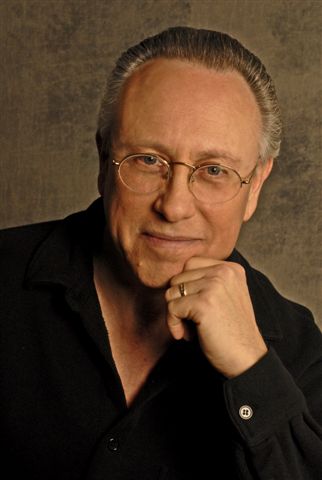|
Pronunciation: Don't Sound Like
You Just Fell Off The Hay Wagon
By Marc Cashman
Cashman Commercials
© 2007 Cashman Commercials
 Q: Sometimes when voice-over clients ask me to articulate certain words they say I’m not speaking clearly. They seem to contradict the direction they give me! For instance, when they ask me to be conversational, and I say the word to, it comes out sounding like ta. When I say the word for, it comes out sounding like fur. I don’t want to over-articulate, because then I sound “read,” and therefore not conversational. What do I do in these instances? Q: Sometimes when voice-over clients ask me to articulate certain words they say I’m not speaking clearly. They seem to contradict the direction they give me! For instance, when they ask me to be conversational, and I say the word to, it comes out sounding like ta. When I say the word for, it comes out sounding like fur. I don’t want to over-articulate, because then I sound “read,” and therefore not conversational. What do I do in these instances? A: You’re not alone in this situation. When we’re conversing, we’re not really thinking much about our pronunciation.
And when we’re asked, as actors, to speak conversationally, we tend to fall into the unconscious speech pattern of everyday conversation - at conversational speed. That's the pace that we talk most of the time - to friends, relatives, acquaintances, even strangers.
The trick in voice acting is to walk that fine line between under and over-articulating.
SNOBBISH OR STUPID?
When we over-articulate, we sound snobby, prissy, stiff - and it’s very off-putting. Someone over-enunciating doesn’t sound like a warm, friendly person.
On the other hand, under-articulating makes a person sound stupid, lazy or both. (I once saw a wonderful VO demo cover with the word “mumbling” inside of a red circle with a slash.)
So voice actors always need to strive for clarity of speech without under or over-doing it.
ARTICULATION TRICKS
To answer your question, there are a few little tricks to keep your articulation clear when you’re behind the microphone.
Remember that many of these words are “bridge” words, meant to tie other words together. The four most common words that we get “lazy” with are:
Now, speaking these words this way sounds perfectly fine in a typical conversation. But when we’re reading, say, a corporate narration, we don’t want to sound like we just fell off the hay wagon. And we don’t want to sound like a snob either.
The trick is to add a letter in front of - or at the end of - the word to change the pronunciation.
FOR EXAMPLE ...
So, for instance, in order to make sure you always pronounce to correctly, insert a w inside it, changing it to two. You’d never pronounce two as ta, would you?
For the word for, add an e at the end of the word, changing for to fore. Again, the spelling forces you to pronounce the word differently.
The same thing goes for your. Changing it to yore or you’re will give you the pronunciation that’s called for.
And finally, saying the word our correctly is simply a matter of placing an h in front of the word, changing it to hour.
I’m sure there are many more examples like this, but the trick is to figure out how to enunciate clearly and cleanly, without under or overdoing it.
It takes a lot of practice, but that’s why we get paid the big bucks, right?
Marc Cashman creates and produces copy and music advertising for radio and television. Winner of over 150 advertising awards, he also instructs voice acting of all levels through his classes, The Cashman Cache of Voice-Acting Techniques in Los Angeles, CA, and is now offering One-on-One Voice Coaching via email or phone.
Email: cashcomm@earthlink.net
|
Tell Us What YOU Think!
Please Note: Since we check for spam, there will be a slight delay in the actual posting of your comment.
Comments
No comments have been posted yet. Hurry, and you could be the first!



.png)





click for new article alerts